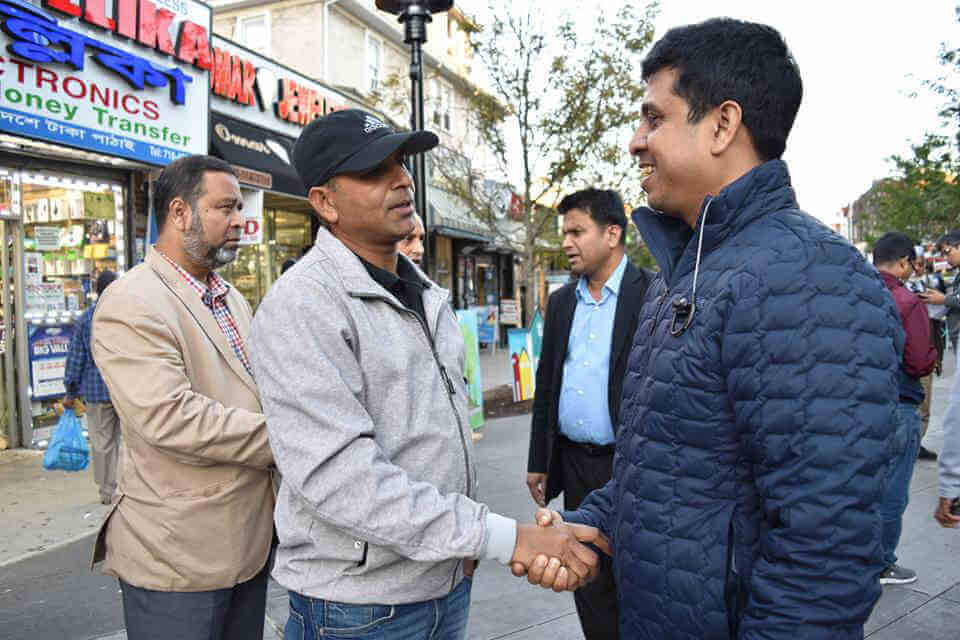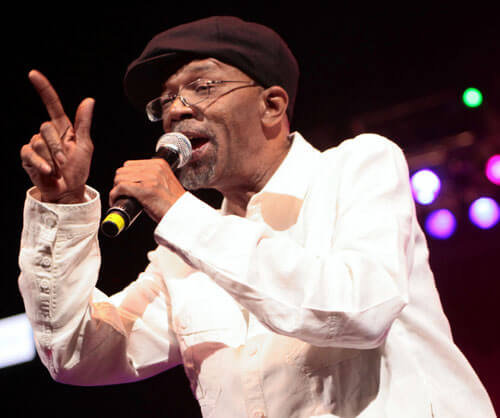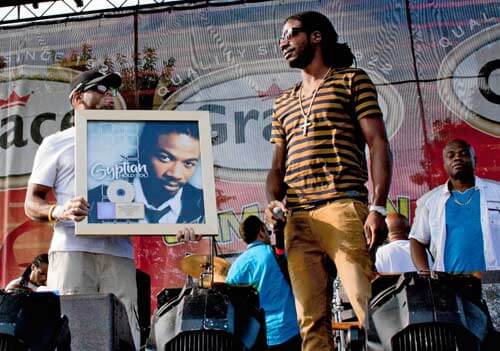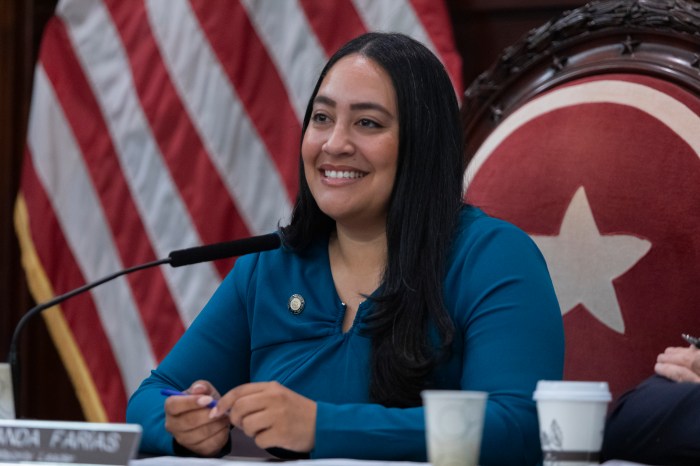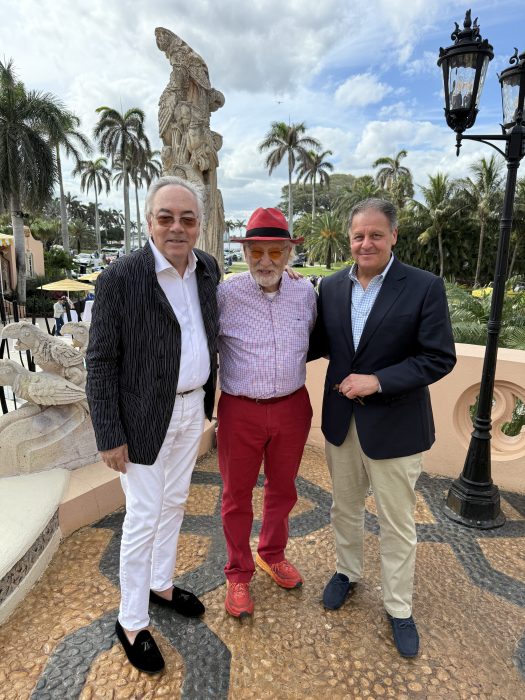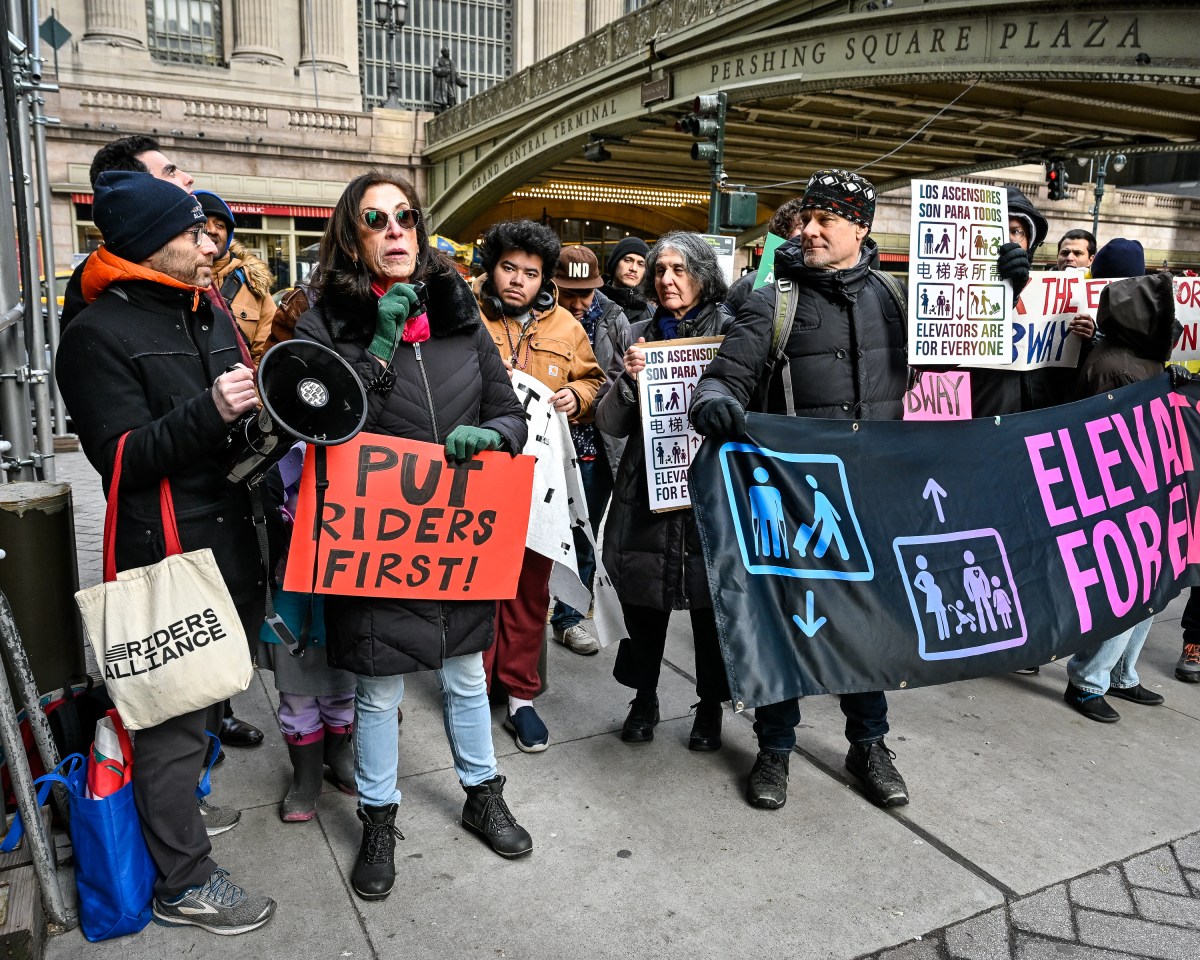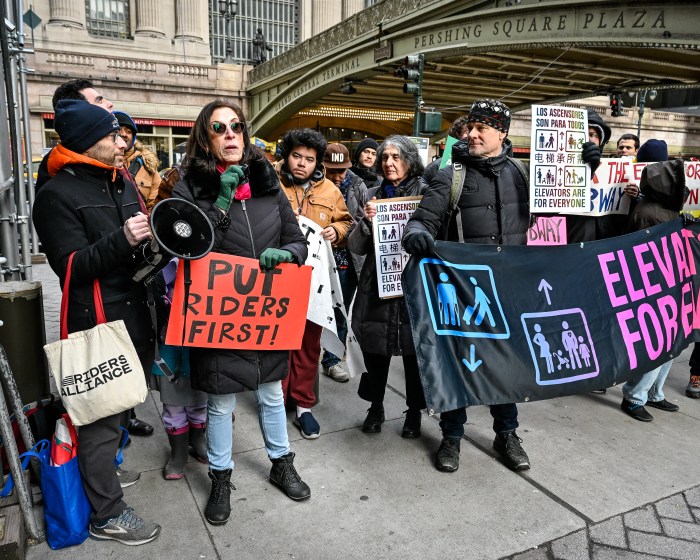It’s now or never.
A Queens-based immigrant advocacy group is mobilizing the borough’s immigrant communities to rally and spread the word about the forthcoming public commentary regarding the introduction of a citizenship question on the 2020 census.
Desi’s Rising Up and Moving (DRUM) works with various immigrant communities of Queens, mostly South Asian and Indo-Caribbean — by hosting workshops and informative initiatives about civil and basic rights. However, with the addition of an inquiry on the form about citizenship, the organization has stepped in to let its members an community know how it can lead to further marginalization of their communities, said an organizer.
“Historically we have not been involved with census work but we decided take it on this year because the citizenship question on census,” said William Depoo, who is of Indo-Guyanese descent. “South Queens is already undercounted and underrepresented, and this question could really cause more fears and misconceptions, and impact our resources and funding.”
Those existing concerns, along with a question about citizenship will scare away documented and undocumented census-takers to scrapping the national population count form all together. Depoo said there was already a lack of interest in census-taking mostly caused by fear, and likely other factors, and with continued undercounting — there will be less political representation and funding in communities already facing defunding.
To combat it, DRUM is hosting a series of ongoing workshops informing these communities about the census, the new question, and what can happen if another decade of record-taking goes into the books with an incomplete count.
“Because of this, we want to be on board and get more members engaged and break this down to people to fill out our petition,” he said.
The census bureau has already faced criticism about the question since it was announced earlier this year in March, and on Nov. 5, a U.S. District judge will hear the trial about whether the justice department properly acted when they added the citizenship question.
He said neighborhoods such as Jackson Heights, Ozone Park, South Ozone, and Richmond Hill — which have some of the highest concentration of the city’s Indo-Caribbean communities, hailing mostly from Guyana — are almost always undercounted in the census.
Since 1990, the borough lost seven congressional seats, according to Depoo. But he said if they mobilize communities to challenge the addition of the citizenship question, along with springing new interest in taking the form come 2020 — these areas could see much needed changes.
“I think our voice is important now in this political climate where our communities are under attack, especially communities of color, and things like funding is going to be cut and this would make it hard for our communities to thrive,” he said.
And because immigration policies have shifted overtime, he said now more than ever, these communities need to use the chance to speak up because it will only create more instances of vulnerability for the communities.
“We’ll get less funding if we don’t continue to be counted in the census and make sure that we are, because it’s our schools that will be underfunded and our subway trains that will always be late, because if we don’t raise our voices and concerns during the public commentary, or raising awareness and signing petitions — that’s what’s going to happen.”
Depoo said Queens’ Caribbean communities in particular must be diligent about the form because as residents in working-class neighborhoods historically undercounted, it can make life tougher.
“This is really important because a lot of services used in our communities are impacted by the census when it comes to money, infrastructure, schools, hospitals,” he said. “Poor services will continue if we are undercounted.”


